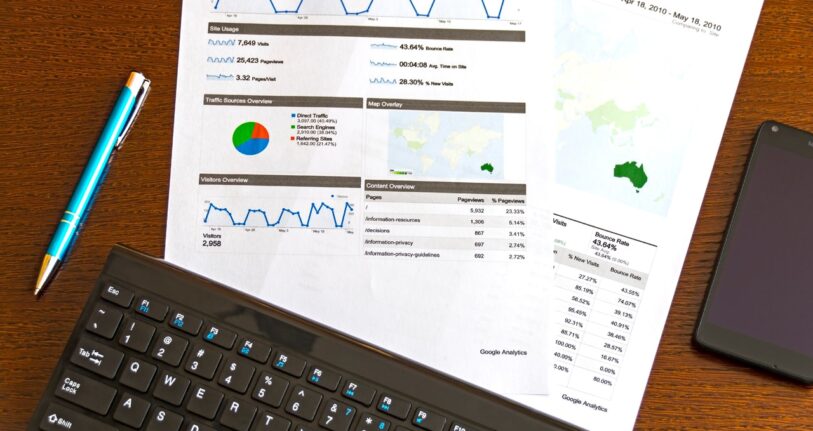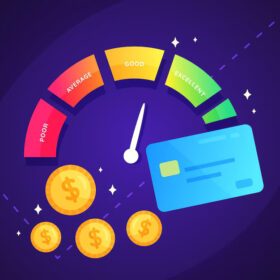Learn what a credit report is and how it works.

If you are one of those who think that a credit report and a credit score are the same thing, we advise you to continue reading, so you can discover that both are different and have a very different functionality than what you think.
It is necessary and important that you stop ignoring how the credit system works, as credit is a fundamental part of our financial environment, affecting almost all of us at some point in our lives.
Your credit health can determine not only your access to credit and the cost of using credit, but also employment opportunities, housing options and more. Not understanding how credit works can have serious consequences for you.
Let’s learn more about what a credit report is.
A credit report is a detailed report on your credit history prepared by a credit reporting agency, also known as a credit bureau. The three main credit bureaus are Experian, Equifax and TransUnion.
What is on your credit report may be different for each bureau, as they are private companies that do not share information and have a different policy on how they work.
Credit reports contain identifying information such as your name, social security number, and current and previous addresses. They also contain a detailed summary of your credit history, which includes certain items you will see below:
- a list of current and past trade lines. Along with the opening date, credit limit, balance and payment history for each account.
- Inquiries about your credit history
- Public records of bankruptcies, foreclosures, tax liens, etc.
- Accounts in collections
Your credit report is important because the information it contains is used to calculate your credit scores that lenders use to evaluate your credit risk when deciding whether or not to issue you credit.
Interesting facts you might find interesting.
The information in your credit report generally goes back about 7-10 years.
Checking accounts should appear on your credit report as long as they are open.
Negative information, such as collections, will fall off your credit report seven years after the delinquency occurred.
Closed accounts that were closed in good standing fall off your credit report in 10-11 years.
There is a big difference between a credit score and a credit report.
A credit score is a three-digit number, ranging from 300 to 850 points, that not only calculates your points, but lets lenders know your creditworthiness.
It contains many credit scores and reflects that information on the credit report.
You do not have a legal right to check your credit score for free although some credit card companies may offer this to customers, but it does not include information about your credit history.
On the other hand, we have what is known as a credit report, read carefully the difference.
The credit report is prepared by the credit bureaus and contains a list of credit accounts and related information.
The information in your credit report is used to calculate your credit score.
You are not entitled to a free credit report from every credit bureau every time you want one.




